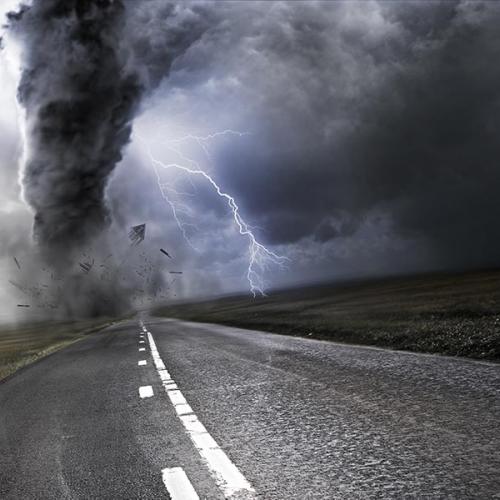There are lots of trainers – good trainers and bad trainers. This is a conversation that comes up a lot with equestrians of all disciplines and all skill levels. When is it time to move on from your current trainer?

Fires, hurricanes, floods, tornados, earthquakes, blizzards, ice storms and other emergency situations can all develop quite quickly. The time to plan is now; long before disaster strikes. Veterinarians and state extension service can provide disaster preparedness advice for horses and farms that is tailored for local areas and specific situations. Here are a few disaster planning tips to get started:
Many resources are available to help individuals prepare for emergencies and natural disasters. The AVMA, ASPCA, and state and local emergency response agencies provide valuable information for horse owners. When creating a disaster plan for a farm, it is important not to forget to include provisions for dogs and cats as well.
Good luck and stay safe!
There are lots of trainers – good trainers and bad trainers. This is a conversation that comes up a lot with equestrians of all disciplines and all skill levels. When is it time to move on from your current trainer?
While you are working on New Year’s resolutions for yourself, consider making a few for your horse as well. Here are a few suggestions...
Maintaining a healthy weight is essential for horses as they age. Here are a few tips to help keep your horse fit and trim.
Would you know it if your horse was in pain? Even if you knew your horse was in pain, would you know what type of pain he or she was suffering from?